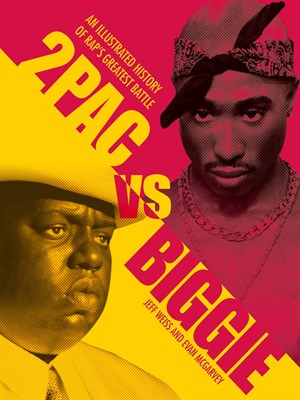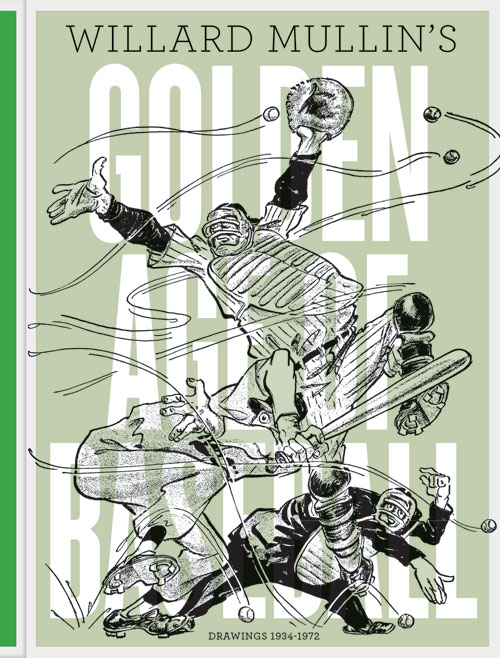Peter Gutierrez
75 Articles
Last 30 days
Last 6 months
Last 12 months
Last 24 months
Specific Dates
From:
To:
'Ender’s Game' and Orson Scott Card: Teachable Moments in Media Literacy
Teens interested in Ender's Game—both the acclaimed science fiction novel and its big budget film adaptation opening this weekend—may be curious about the recent controversy surrounding author Orson Scott Card’s outspoken views. Fortunately, the library offers an ideal safe intellectual harbor for teaching the media literacy skills that allow them to explore critical thinking questions about the role of social politics and media, and to examine ways in which we might begin to separate art from the artist.
Informational Text: Recommended Books, Suggested Strategies
It’s all too easy to dismiss colorful, fun books of this sort, with their brief chunks of text and apparently oversized photos, as merely motivational in nature.
Is ‘Justice League: The Flashpoint Paradox’ the Darkest Superhero Film Ever?
Can creators in essence separate the “super” from the “hero” and still be said to be working with the same character?
You Don’t Need to Go to Comic-Con to Have Fan Literacies
Many popular fanfiction stories are based on books that can be found in school libraries: The Hunger Games, Percy Jackson, and, of course, Harry Potter. For most fanfiction authors, though, that’s where the connection between fanfiction and school ends: they've never been asked by a teacher or librarian about their out-of-school writing.
Ways to Welcome Fanfiction in Schools
When it comes to fanfiction and academics, there is a long history of non-fans writing and doing things that fans don’t particularly like, so you should be extraordinarily careful when you introduce fanfiction-based exercises to wary young fans.
Fanfiction: What Educators Really Need to Know
Do young fanfiction authors seek the kind of feedback that educators would find “useful” in K-12 settings, and are fanfiction communities really the nurturing environments of peer-critique that some make them out to be?
In Honor of Baseball’s All-Star Game, A Book to Pre-Order
Student sports fans (in this case, baseball fans specifically) can leverage their outside-of-school literacies to comprehend and appreciate the sophisticated cartoons and high-level text.
Something to Consider on the Eve of Comic-Con: Cosplay and Critical Thinking
"We can look at cosplay as a medium that assists other media, anime and manga, by targeting a certain audience segment related to fandom."
Confessions of a Cosplaying Librarian
"The key idea is actually a media literacy one related to representation: no one in real life actually looks like an anime or manga character."
ALREADY A SUBSCRIBER? LOG IN
We are currently offering this content for free. Sign up now to activate your personal profile, where you can save articles for future viewing








